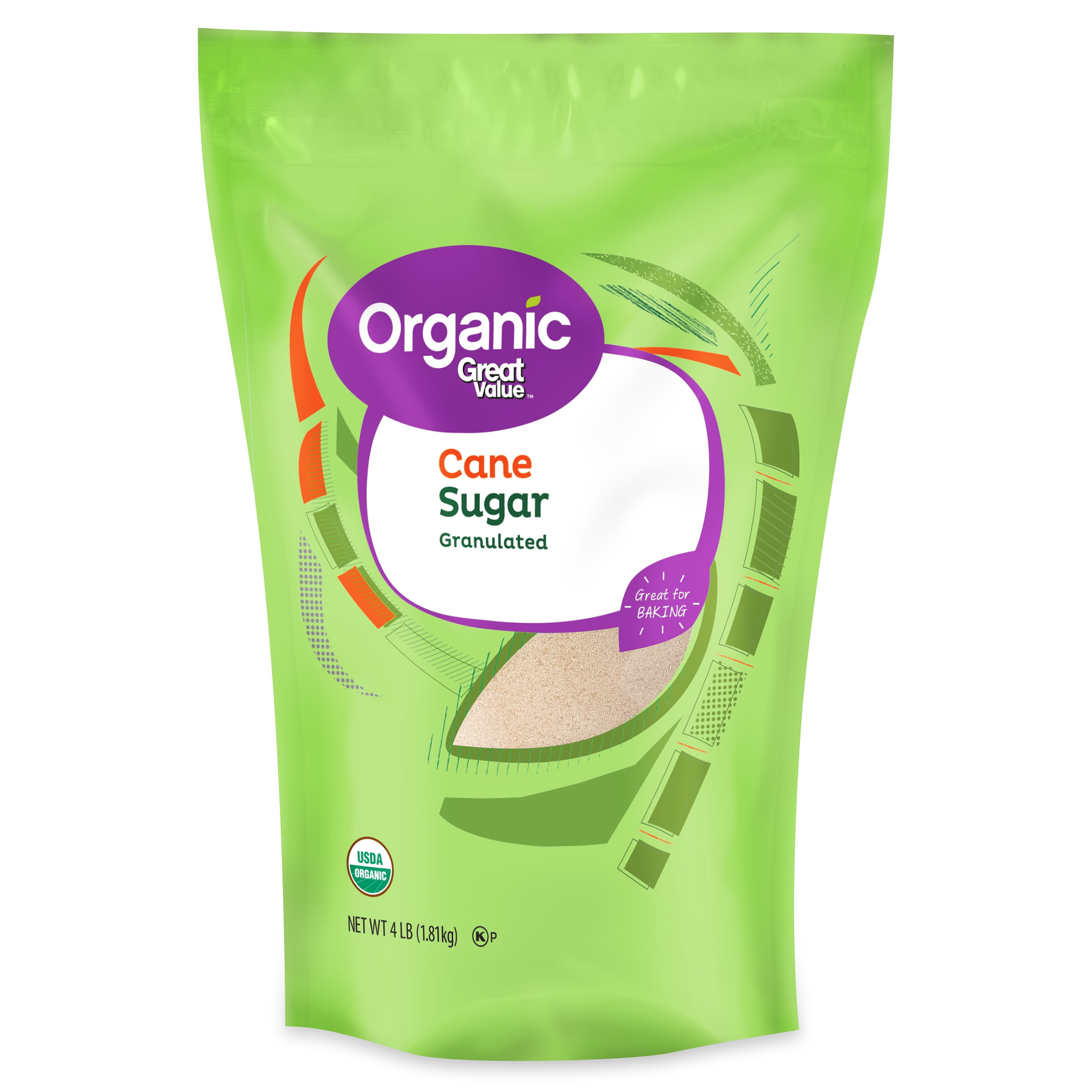Navigating Regulatory Compliance and Sustainability With Cutting-Edge Walking Stick Sugar Processing Chemicals in the Chemical Export Sector

Regulatory Landscape Review
In the world of walking cane sugar processing chemicals within the chemical export industry, understanding the regulatory landscape is critical for guaranteeing conformity and lasting procedures. Regulative bodies such as the Environmental Defense Firm (EPA) and the Food and Drug Administration (FDA) play an essential role in supervising the manufacturing, import, and export of these chemicals. Compliance with regulations set forth by these bodies is not only a legal need yet likewise vital for keeping public wellness and ecological security standards.
Governing structures regulating cane sugar handling chemicals incorporate a wide array of elements, consisting of labeling requirements, acceptable levels of particular compounds, and standards for secure handling and disposal. For chemical exporters, this means sticking to stringent documentation procedures, high quality control measures, and periodic audits to show adherence to these guidelines.

Lasting Cane Sugar Chemical Innovations

One noticeable location of technology is the growth of environmentally friendly chemicals that decrease water and energy consumption during the sugar processing stages. By executing these sustainable solutions, companies can reduce their carbon footprint while maintaining high degrees of efficiency. In addition, developments in naturally degradable chemicals are acquiring traction, using a more eco friendly alternative to conventional handling representatives.
Moreover, the combination of renewable resource sources in the production process is coming to be a lot more prevalent, further boosting the sustainability account of cane sugar handling. By welcoming these sustainable walking stick sugar chemical technologies, business can not only satisfy regulatory needs however additionally show a commitment to ecological obligation in the chemical export industry.
Compliance Challenges in Exporting Chemicals
Browsing regulatory structures positions considerable difficulties for chemical official site merchants, needing meticulous attention to conformity requirements and global legislations. Exporting chemicals entails adherence to an intricate internet of laws that vary from nation to country. One of the key compliance difficulties faced by chemical exporters is making certain that the products fulfill the particular governing demands of the importing country. This includes getting the necessary authorizations, qualifications, and documentation to demonstrate the safety and security and legality of the chemicals being exported.
In addition, chemical merchants must remain abreast of continuously progressing laws and standards connected to chemical production, handling, and transportation. Failing to abide with these laws can cause extreme repercussions, consisting of penalties, lawsuit, and reputational damages. Navigating profession constraints, assents, and export control regulations adds an additional layer of intricacy to the conformity landscape for chemical exporters.
To reduce these difficulties, chemical exporters must spend in durable compliance programs, conduct normal audits, and involve with regulative authorities to guarantee a thorough understanding of the appropriate laws and laws. By focusing on compliance and staying positive in addressing governing difficulties, chemical exporters can navigate the intricacies of worldwide trade efficiently.
Environmental Influence of Walking Stick Sugar Processing
The ecological implications of walking stick sugar processing are an important aspect calling for detailed assessment in the chemical export industry. Walking stick sugar handling can have significant ecological effects at numerous stages of production. Among the main problems is the generation of big quantities of wastewater containing raw material, suspended solids, and chemicals made use of in the handling plants. This wastewater, if not effectively treated, can contaminate water bodies, injury aquatic life, and break down total water quality. In addition, the burning of sugarcane fields before gathering, an usual practice in some areas, launches harmful air contaminants and greenhouse gases right into the ambience, contributing to air high quality concerns and environment check my reference change.
Moreover, the considerable use chemicals and fertilizers in sugarcane growing can bring about dirt destruction, water contamination, and injury to non-target organisms. It is crucial for chemical exporters associated with the walking stick sugar handling sector to carry out lasting methods, buy innovative wastewater therapy innovations, promote liable farming methods, and follow rigorous ecological laws to reduce the adverse ecological impact of their operations.
Future Trends in Sustainability Practices
What cutting-edge strategies are chemical merchants in the walking stick sugar processing industry taking on to improve sustainability techniques for the future? One famous fad is the shift in the direction of establishing and making use of environment-friendly chemicals in the processing of walking stick sugar - Cane Sugar Processing Chemicals.
An additional essential fad is the implementation of sophisticated technologies such as automation and data analytics to maximize resource usage and lower waste generation. By utilizing the power of information and automation, chemical exporters can enhance their procedures, improve power effectiveness, and boost overall sustainability efficiency.
In addition, collaborations and partnerships with sustainability-focused companies and stakeholders are coming to be increasingly typical. By collaborating, chemical merchants can exchange knowledge, share finest techniques, and jointly drive technology towards more lasting walking cane sugar processing techniques. Embracing these patterns will certainly not just profit the environment however additionally make certain long-term success and competitiveness in the sector.
Conclusion
Finally, the chemical export market need to browse complex regulative landscapes and sustainability obstacles when refining walking cane sugar. Innovations in cane sugar processing chemicals are critical to satisfying compliance criteria and decreasing ecological influence. As the sector proceeds to advance, it is very important for companies to adopt lasting techniques and remain ahead of future patterns to guarantee long-lasting success.
In the realm of walking cane sugar processing chemicals within the chemical export sector, recognizing the regulative landscape is vital for guaranteeing conformity and sustainable operations.Discovering cutting-edge techniques in the development of lasting walking internet cane sugar chemical options is vital for advancing ecological stewardship in the chemical export market. Business are increasingly spending in research study and growth to develop innovative cane sugar handling chemicals that not only make certain high performance in sugar production but additionally adhere to rigorous sustainability standards.
Additionally, chemical merchants should remain abreast of regularly evolving guidelines and standards associated to chemical handling, transport, and production - Cane Sugar Processing Chemicals.The environmental implications of walking stick sugar handling are an essential element needing extensive exam in the chemical export industry